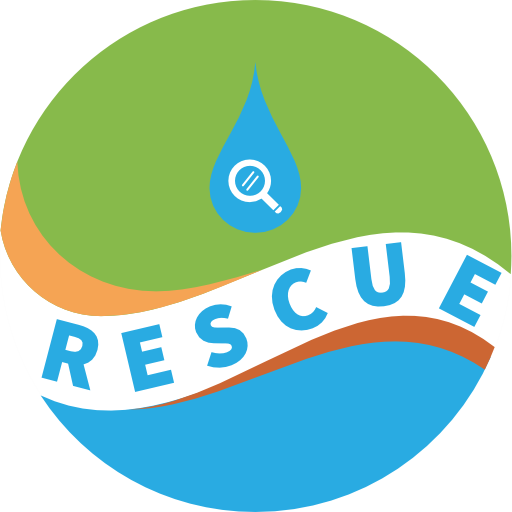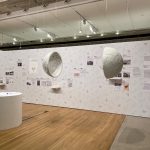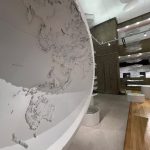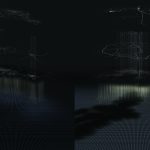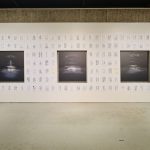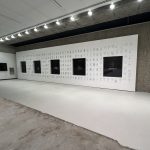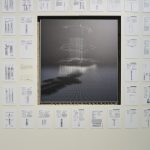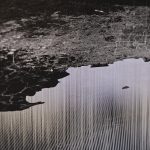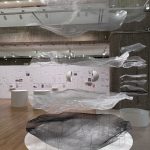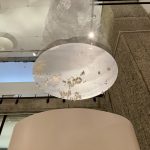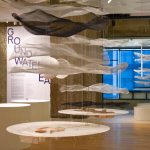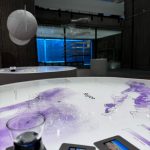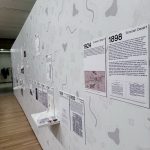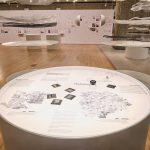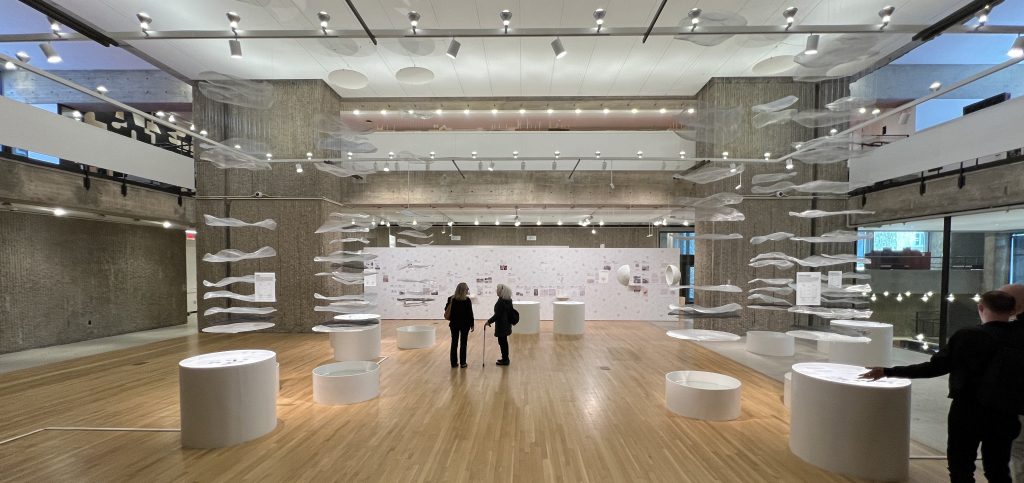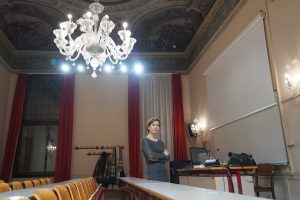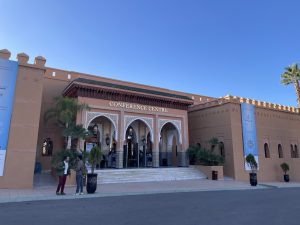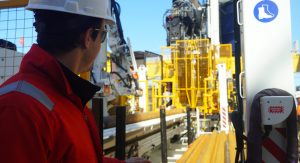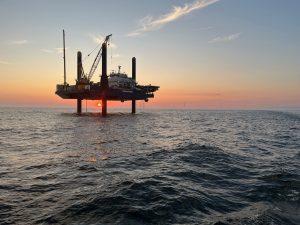The seminal project RESources in Coastal groundwater Under hydroclimatic Extremes (RESCUE), funded by Water 4 All and co-funded by the European Union, began in March 2024 with the aim to build knowledge on offshore and deep onshore low salinity aquifers in European coastal areas, to evaluate novel freshwater resources, and help secure a steady supply of water to both population and industry, in times of hydroclimatic extremes. The Project joins a growing body of research on groundwater extraction when the world is facing an unprecedented level of water shortage as climate change takes hold.
From 22 February – 6 July this year at the Yale School of Architecture, the exhibition titled Groundwater Earth: the World Before and After the Tubewell traced for the first time the experiments with groundwater, focusing on the Indo-Gangetic plains and Sonoran Desert—two major sites of experimentation with groundwater extraction since the nineteenth century. Curated by Anthony Acciavatti, Groundwater Earth examines the scales and slow-motion impacts of groundwater extraction on the tilt of the earth to the shape of cities and farms, and will travel to Asia in 2025.
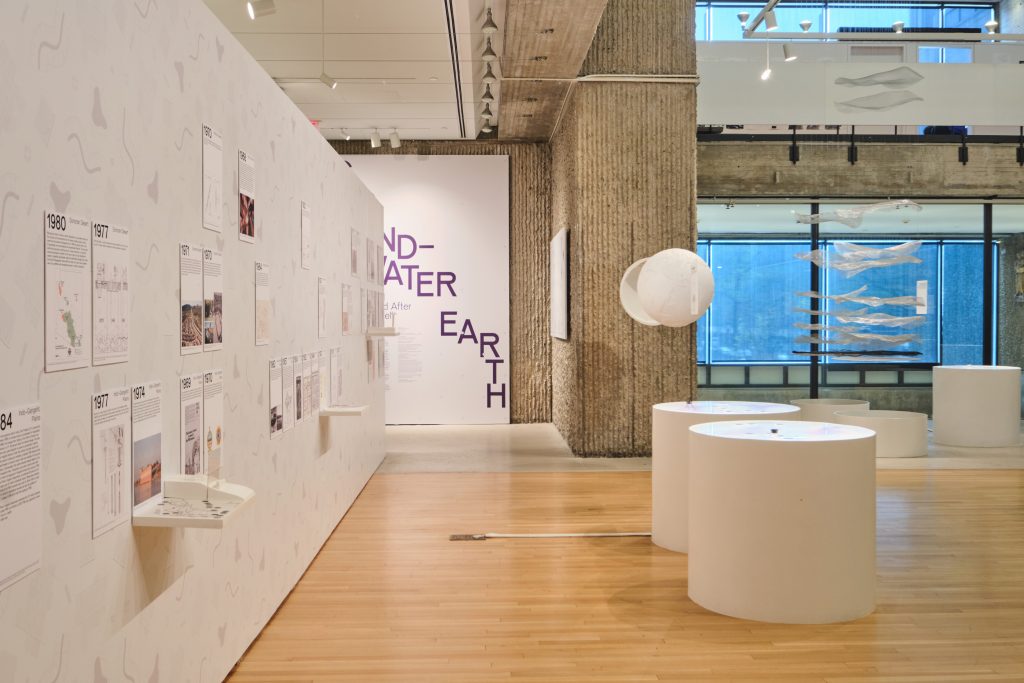
Anthony Acciavatti, who is on leave this academic year from the Yale School of Architecture, has been awarded the Gilmore D. Clarke and Michael Rapuano/Kate Lancaster Brewster Fellowship in Landscape Architecture at the American Academy in Rome (2024-25) and a Senior Fellowship from the American Institute of Indian Studies (2024-26). Acciavatti works at the intersection of architecture, landscape, and the history of science and technology.
RESCUE, led by the University of Trieste (UNITS), and which the National Institute of Oceanography and Applied Geophysics – OGS is delighted to be part of, is focused on helping to establish the foundations for the evaluation of new resources for local and regional policy makers, while the global applicability of the outputs will allow upscaling to Europe-wide or other large areas worldwide, where water is needed. The Consortium of the 36-month long project, which also includes Ruden AS, University of Derby (UoD) and University of Malta (UM), therefore seeks to connect the actors working within the growing body of research on groundwater extraction, and to encourage the growth of a transdisciplinary community focused on finding novel solutions to global water shortage.
